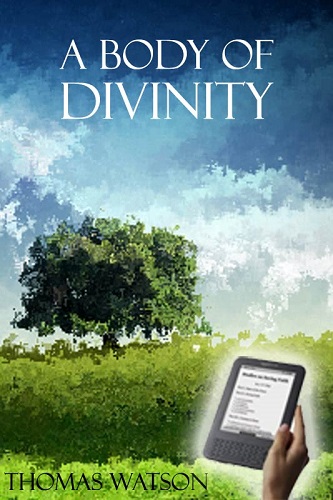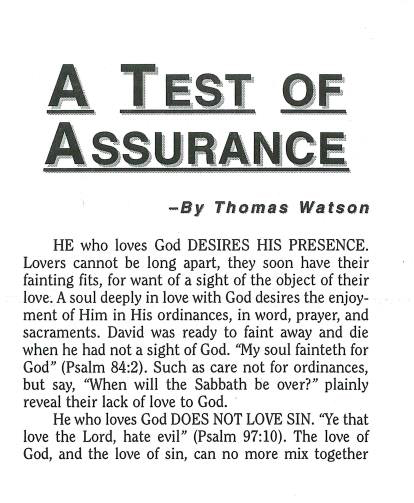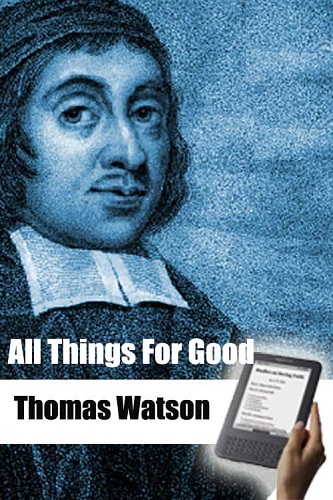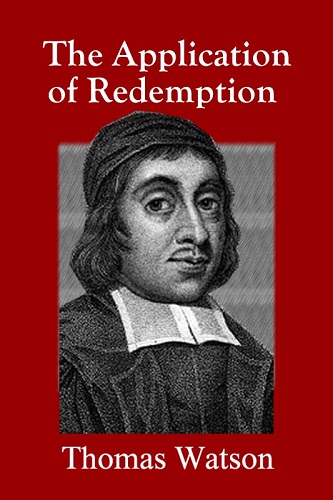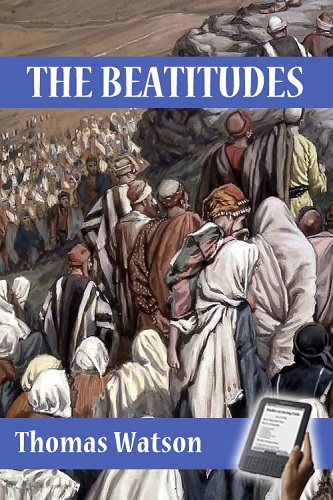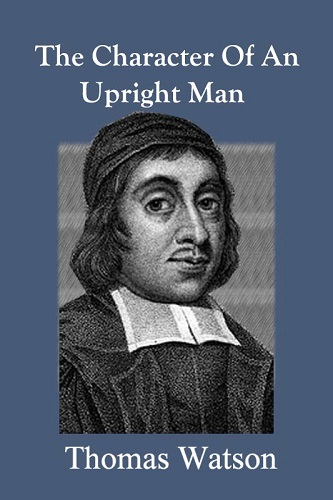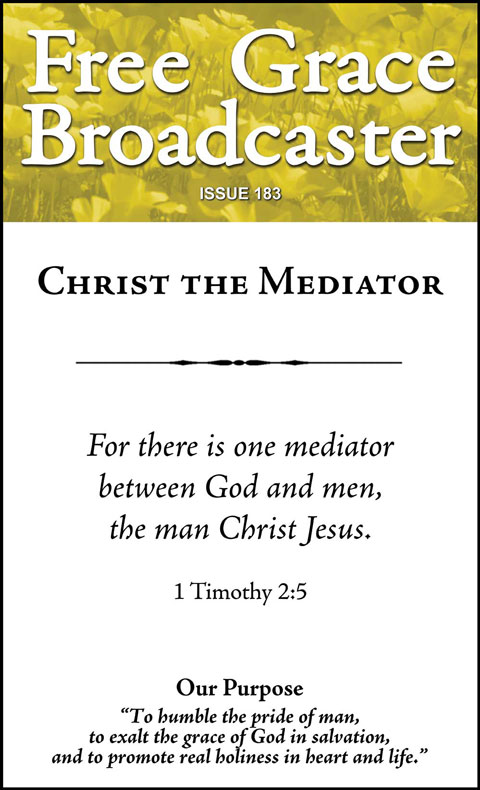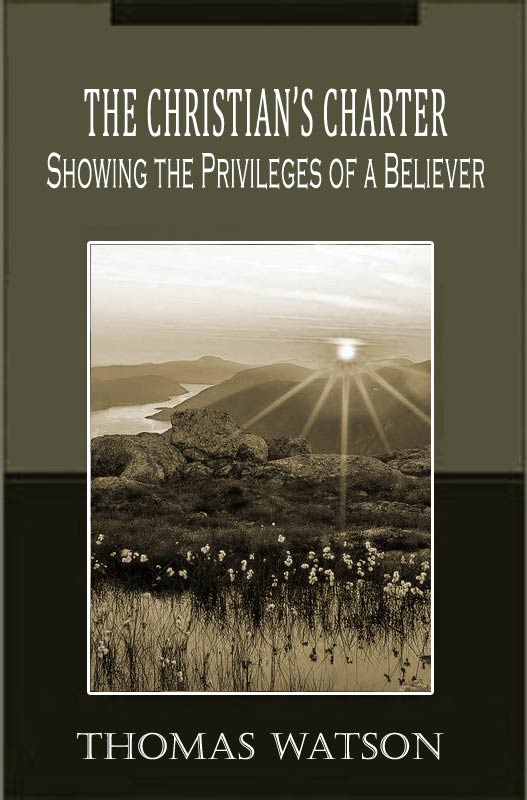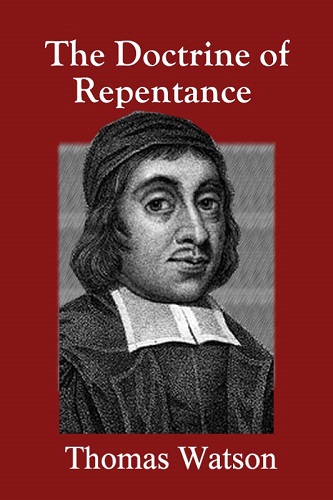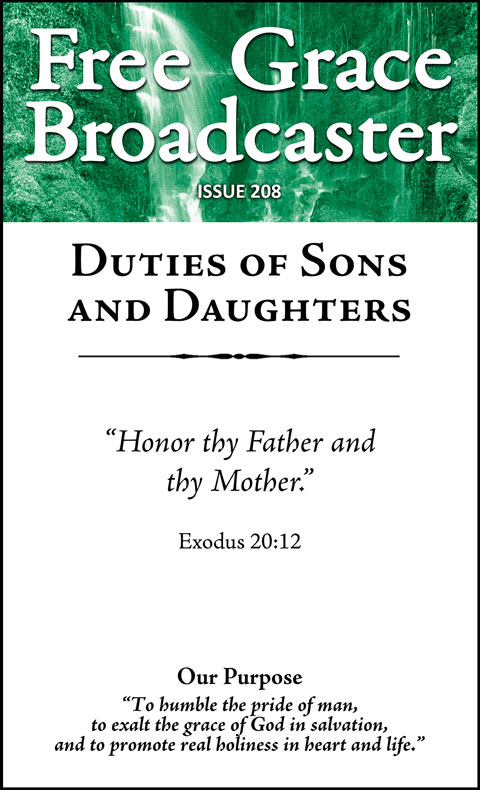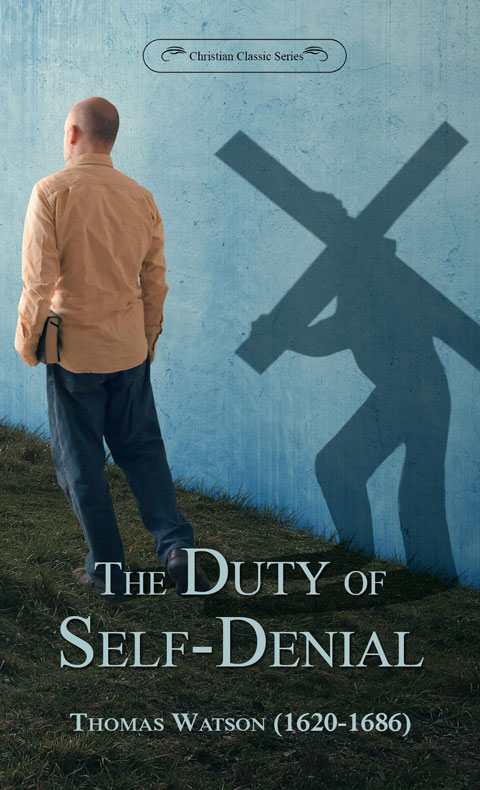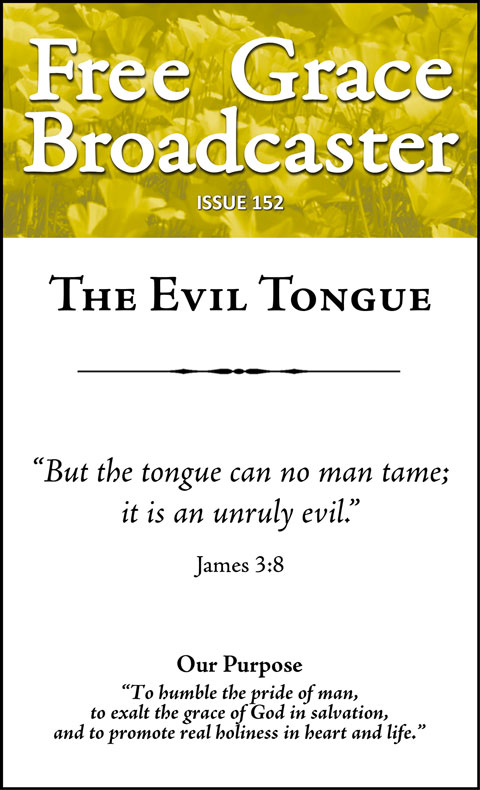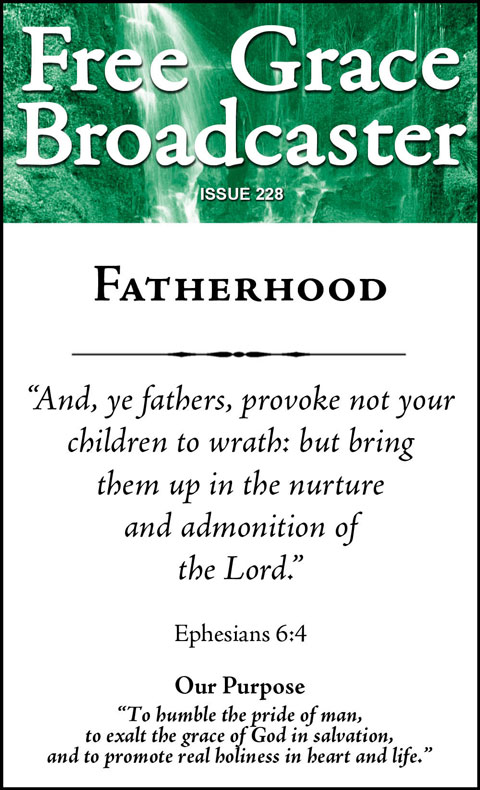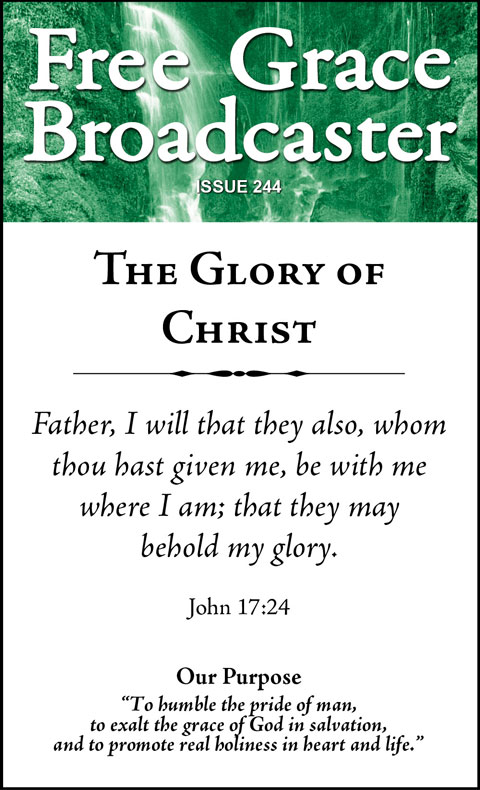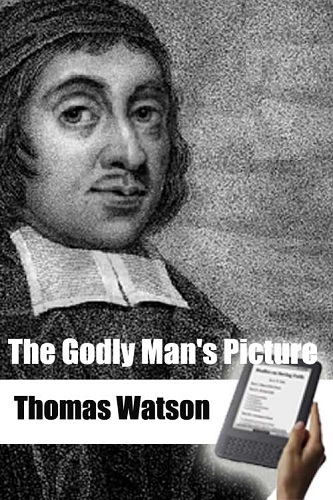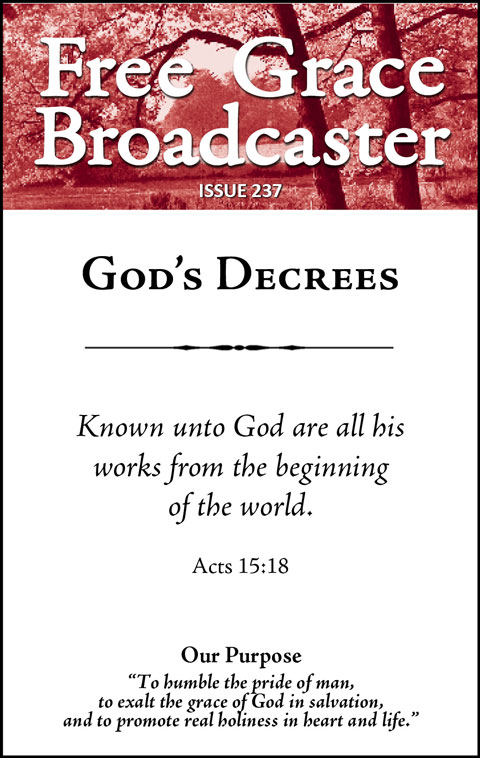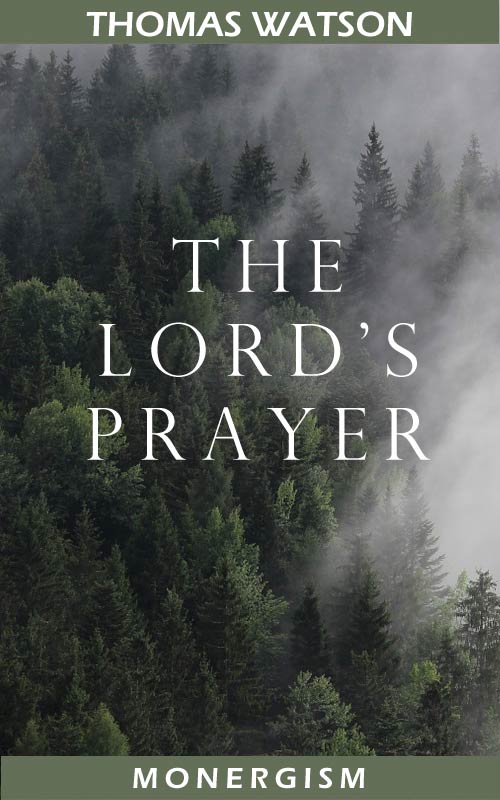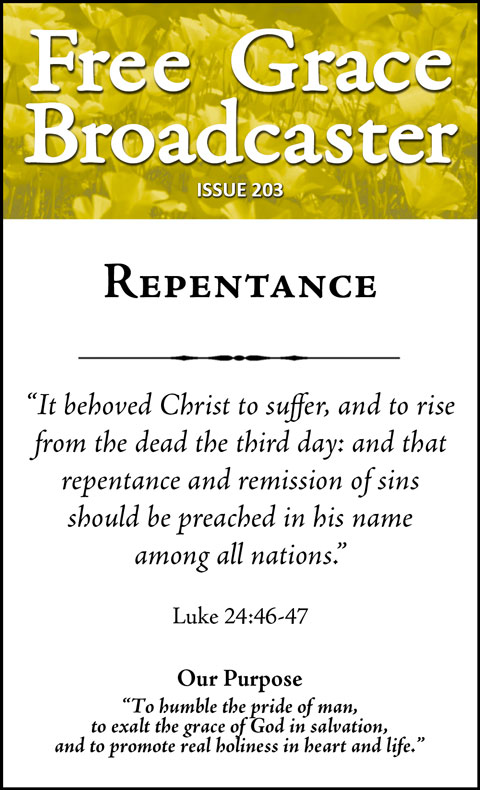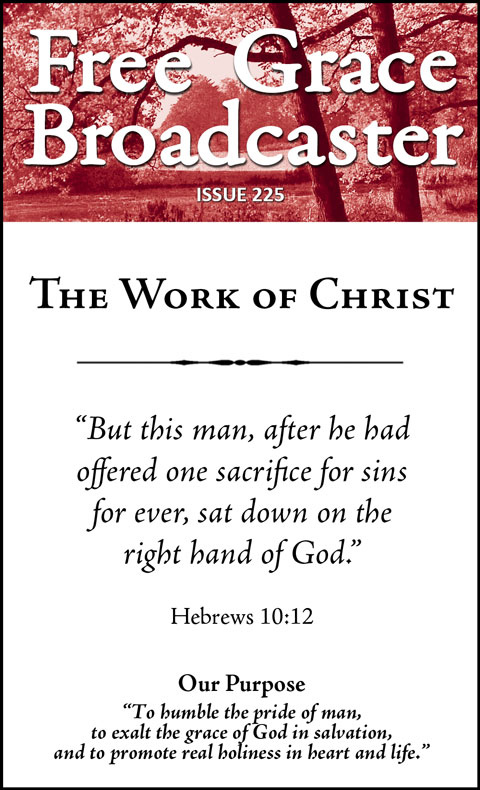Thomas Watson (1620–1686) was probably born in Yorkshire. He studied at Emmanuel College, Cambridge, earning a B.A. in 1639 and a M.A. in 1642. Then he lived for a time with the Puritan family of Lady Mary Vere, the widow of Sir Horace Vere, Baron of Tilbury. In 1646, Watson went to St. Stephen’s, Walbrook, London, where he served as lecturer for about ten years, and as rector for another six years.
During the Civil War, Watson began expressing his strong Presbyterian views while he had sympathy for the king. He was one of the Presbyterian ministers who went to Oliver Cromwell to protest the execution of Charles I. Along with Christopher Love, William Jenkyn, and others, he was imprisoned in 1651 for his part in a plot to restore the monarchy. While Love was beheaded, Watson and the others were released after petitioning for mercy. Watson was formally reinstated to his pastorate in Walbrook in 1652.
When the Act of Uniformity passed in 1662, Watson was ejected from his pastorate. He continued to preach in private—in barns, homes, and woods—whenever he had the opportunity. In 1666, after the Great Fire of London, Watson prepared a large room for public worship, welcoming anyone who wished to attend. After the Declaration of Indulgence took effect in 1672, Watson obtained a license for Crosby Hall, Bishopsgate, where he preached for three years before Stephen Charnock joined him. They ministered together until Charnock’s death in 1680. Watson kept working until his health failed. He then retired to Barnston, in Essex, where he died suddenly in 1686 while engaged in private prayer.
Watson’s depth of doctrine, clarity of expression, warmth of spirituality, love of application, and gift of illustration enhanced his reputation as a preacher and writer. His books are still widely read today.
Meet the Puritans


